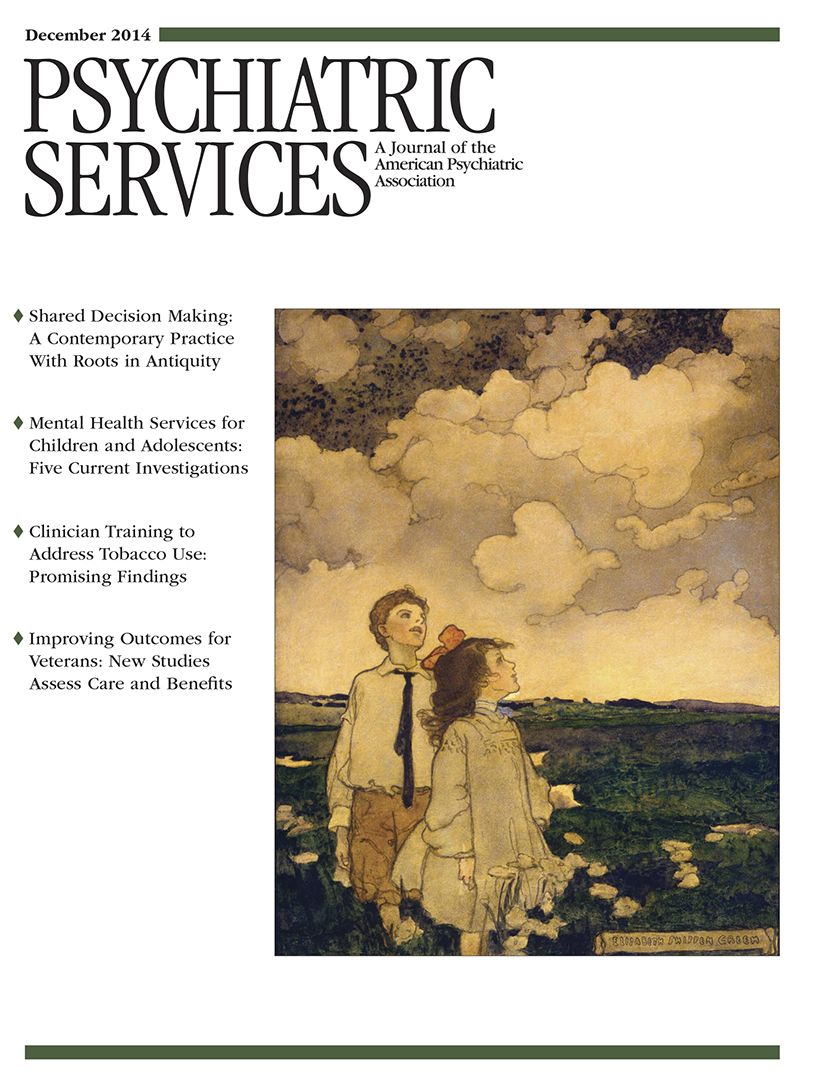Shared Decision Making: Roots in Antiquity
Shared decision making is more than a concept whose time has come. It is an emerging modern practice, as illustrated by two research reports, an Open Forum, and a commentary in this month’s issue. It is also an idea with roots in antiquity.
I have had a professional interest in shared decision making, as it has come to be known, since I was a medical student. Forty years ago when I graduated from medical school, some of my classmates and I developed an alternative to the Hippocratic Oath, which we planned to recite at graduation. At the time, some graduates refused to say the ancient oath of Hippocrates, because of its prohibition against abortion. With the legalization of most medical pregnancy terminations sustained by the U.S. Supreme Court in 1973, it seemed inappropriate to “swear by Apollo the Healer” not to give a woman a “pessary to cause an abortion.” That portion of the oath seemed as outmoded to some of us as the promise not to “cut for stone,” a specialized surgical art of antiquity. My contribution to the alternative oath was to suggest that as modern physicians we should enter into a more collaborative relationship with our patients, engaging them in a discussion of their condition and the available treatment options and respecting their preferences and views.
What I had learned in my medical school course in the history of medicine was that there was a deeper reason that linked the two prohibitions against providing a pessary to cause an abortion and cutting for stone. In both instances, Hippocratic physicians declared that they were not primarily the agents of their patients, performing services at their request. Instead, they were practitioners of a scientific art of careful diagnosis and indicated treatments, with knowledge of medicine but not without technical limitations. That authoritarianism and turning away from the agency of the patient did not seem right to us. I had also learned that among the educated classes of Greek citizens, it was expected that the physician would enter into discourse with the patient to come to an understanding of the cause and course of illness and remedies to alleviate pain and suffering and promote recovery. Those collaborative values and greater respect for the agency of patients have resonated with me for 40 years.
I am glad to see that some of the democratic ideas of ancient Greece, shaped by modern contributions and changing practice, have resulted in shared decision making becoming a part of contemporary mental health care. It is a matter of balancing our knowledge of medicine and scientific practice with collaboration and humanistic respect for the views of those who come to us for help.



